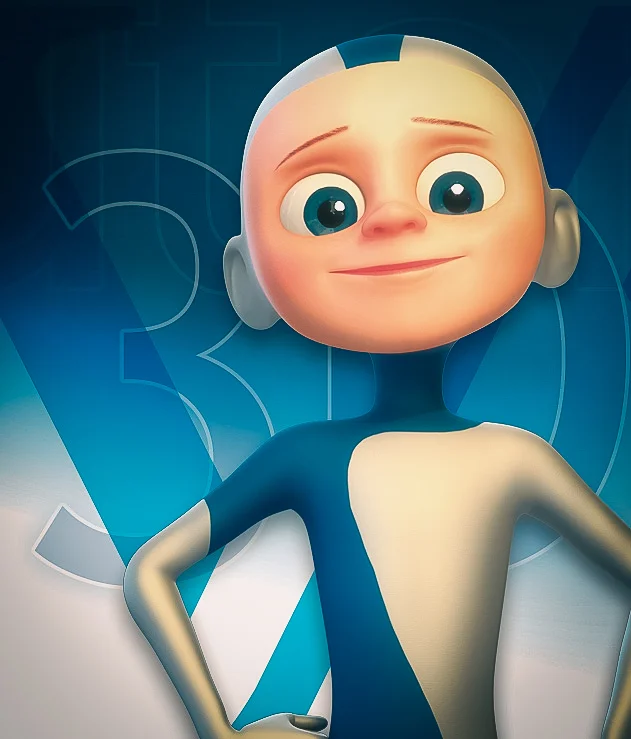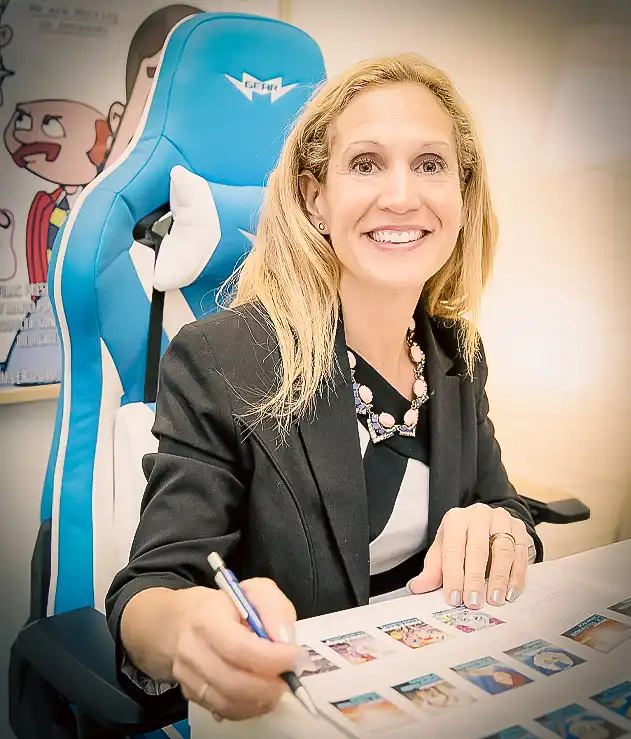What do Production Managers do in Movies and Video Games?
In the ever-evolving worlds of film and video games, production managers play a crucial role in ensuring that projects are completed on time, within budget, and to the highest quality standards.
These professionals are the backbone of production, coordinating all logistical aspects from the pre-production phase through to post-production.
We explore the responsibilities of production managers in both the movie and video game industries, highlighting their key roles, challenges, and the skills necessary to succeed.
Additionally, we explore how educational programs, such as those offered by VANAS Online Animation School, equip future professionals with the necessary skills in animation, visual effects, and video game production.
The Role of a Production Manager
Whether in films or video games, the production manager (PM) is primarily responsible for managing the production schedule, budget, and resources. The job entails a blend of technical knowledge, project management skills, and the ability to communicate effectively with various departments.
Key Responsibilities
1. Scheduling and Planning
Production managers develop the production schedule, setting deadlines for all stages of the project, from initial development to final deliverables. They work closely with directors and department heads to create a feasible timeline that aligns with the creative vision and budget constraints.
2. Budget Management
One of the most critical roles of a production manager is to oversee the budget. They must ensure that every aspect of production stays within the financial limits set by the producers. This involves negotiating costs with vendors, hiring staff within budget, and constantly updating financial forecasts.
3. Resource Allocation
PMs are in charge of allocating resources effectively, including human resources, technologies, and physical assets. They must ensure that each department has what it needs to meet production deadlines without unnecessary expenditures.
4. Team Coordination
A production manager acts as a liaison among various departments, such as art, design, animation, and technical departments, ensuring all teams are aligned with the project's objectives. They resolve conflicts and make sure that communication flows smoothly across the board.
5. Troubleshooting and Problem-Solving
Production managers must be adept at identifying potential issues before they become problems. Whether it’s delays in production, staffing issues, or technical malfunctions, PMs need to be proactive and ready to find solutions quickly.
Differences Between Movie and Video Game Production Management
While the core responsibilities of production managers in both fields are similar, the specifics can vary significantly due to the nature of the projects:
- Movies: In film production, PMs deal with logistics like location permits, equipment rentals, and physical sets. Their work is highly time-sensitive, often requiring them to adapt quickly to changes in shooting schedules and locations.
- Video Games: In the video game industry, production managers often deal with software development cycles, including beta testing phases and version updates. Their challenges are more aligned with software project management, focusing on iterative processes and digital product development.
Skills Required
To be effective in their roles, production managers need a robust set of skills:
- Project Management: Proficiency in project management methodologies is crucial for keeping projects on track.
- Communication: Excellent communication skills are essential to mediate between creative and operational teams.
- Financial Acumen: A deep understanding of budgeting and financial management helps PMs make informed decisions that keep the project financially viable.
- Technical Knowledge: Familiarity with the technical aspects of film production or video game development is beneficial for understanding the needs and limitations of the production.
- Adaptability: The ability to adapt to changing situations and solve problems dynamically is vital.
Training and Education
For those aspiring to become production managers, education and training are vital. VANAS Online Animation School offers programs in production management. Training with working professionals, it provides students with the technical skills and industry insights needed to start their careers in media production.
These programs focus not only on the creative aspects but also on project management, team leadership, and budget management, which are critical for a successful career in production management.
Frequently Asked Questions
What is the difference between a production manager and a producer? A producer is typically responsible for the overall vision, financing, and distribution of a project, while a production manager focuses on the day-to-day management of the project's schedule, budget, and operations.
Do production managers need specific qualifications? While there is no mandatory qualification, many production managers have degrees in film studies, project management, or related fields. Specialized courses in production management are highly beneficial.
How can one become a production manager? Gaining experience in various production roles, such as a production assistant or coordinator, is a common pathway. Formal education, like the programs offered at VANAS, can also provide a significant advantage.
Are production managers involved in the creative process? While their primary focus is on management, production managers do collaborate with creative teams to ensure that the project adheres to the creative vision while staying on schedule and budget.
Understanding the role of a production manager in movies and video games is crucial for anyone looking to enter these fields. With the right training, such as that offered by VANAS Online Animation School, aspiring professionals can be well-prepared to tackle the challenges of this dynamic and essential role.

 Image:
Image: 





